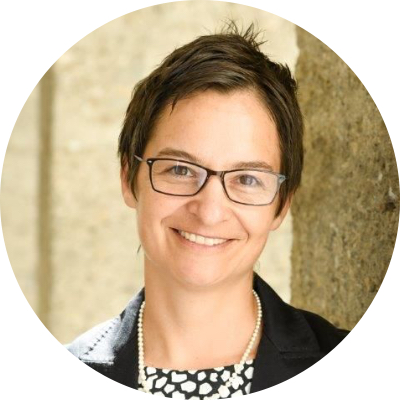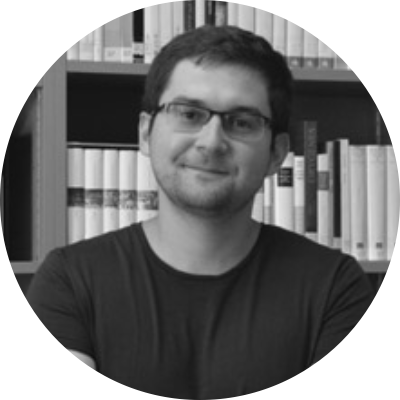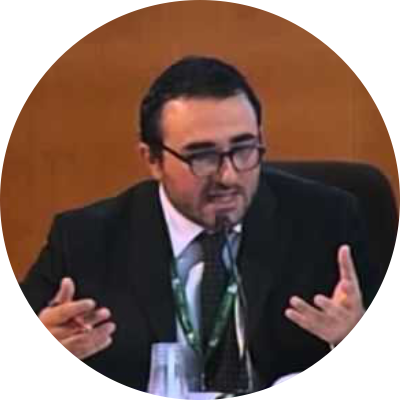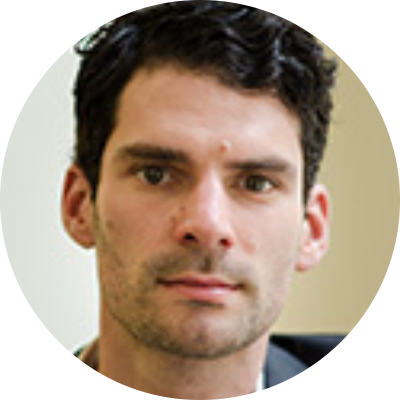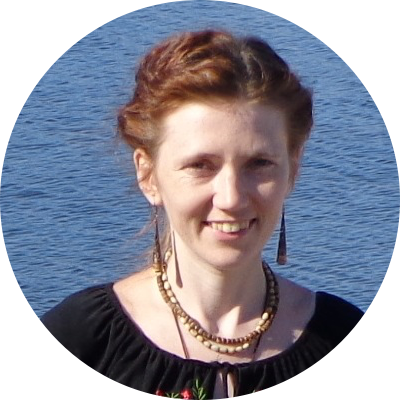The Moralist International
Under the catchphrase “Moralist International”, the Postsecular Conflicts Research Group investigates the dynamics of transnational norm mobilization by moral conservative actors and organizations from Russia, Europe and the United States.
“In 1874, Karl Marx and Friedrich Engels did not think that a communist revolution had any prospect of success in Russia; Russian society did not fulfil the basic requirements for such a revolution because it did not have a full-fledged proletarian class. And yet, the revolution did take place in Russia in 1917, and Moscow became the center and leader of the Communist International, the transnational movement of the political left, coordinating the communist struggle against economic liberalism across the world before the Second World War.
In 1991, with the fall of communism, among the many who poured into Russia were American Christian Right groups. They came to preach their gospel of traditional Christian values and economic liberalism to Russians coming out of seven decades of communist atheist indoctrination. James Dobson, the founder of Focus on the Family, brought his activities from Washington to Moscow with a missionary zeal. His, and his fellow Christians’ success was far beyond what they had expected. Thirty years later – and a century after the foundation of the Comintern – Moscow is again at the top of a transnational movement, only this time on the political right and part of a coordinated conservative struggle against cultural liberalism across the world.
This international movement, made up of conservative Christian Right groups from the United States, Russia, Europe, and Latin America was certainly not invented by Russia, nor did it start there. Like communism, which was thought up in London and Berlin before Lenin and his comrades unexpectedly implemented it in Russia, Christian Right social conservatism originated in the West, in Washington and Rome, and reached Russia only after the end of communism. Yet, like a century ago, when Russia – the least likely candidate for a communist revolution – determined the fate of the Communist International, today it is again Russia – until fairly recently on the receiving end of Western social conservatism – that aspires to define the ideological coordinates of The Moralist International.” (from the Preface of Moralist International. Russia in the Global Culture Wars by Kristina Stoeckl and Dmitry Uzlaner, forthcoming in 2022 with Fordham University Press)
The Postsecular Conflicts Research Group has produced pathbreaking research on the role of the Russian Orthodox Church as a newcomer to the global culture wars. The publications by team members touch on various aspects of moral conservative norm mobilization: the venues (Council of Europe, United Nations Human Rights Council), the actors (the World Congress of Families, Global Home Education Exchange, religious freedom advocacy groups), and issues (family, abortion, sexuality & gender, education, religious freedom). Our findings in this area are based on extensive fieldwork and dozens of interviews with social conservative activists from Russia, the United States and Europe.
Among our most significant research achievements is the article “Reframing Human Rights: The global Network of Moral Conservative Homeschooling Activists” in Global Networks, co-authored by Julia Mourao-Permoser and Kristina Stoeckl, and the article “The Russian Orthodox Church as a Moral Norm Entrepreneur” by Kristina Stoeckl, which has become the most highly cited article in the journal Religion, State and Society.
Publications
Journal Articles
- Ayoub, Phillip M./Page, Douglas (2019). When Do Opponents of Gay Rights Mobilize? Explaining Political Participation in Times of Backlash against Liberalism, in: Political Research Quarterly, 01–18.
- Permoser, Julia Mourão/Stoeckl, Kristina (2020). Reframing Human rights: the Global Network of Moral Conservative Homeschooling Activists, in: Global Networks, http://doi.wiley.com/10.1111/glob.12299.
- Stoeckl, Kristina (2018). Aktivisty vne konfessional’nykh granits: «konservativnyy ekumenizm» Vsemirnogo kongressa semey, in: Gosudarstvo, religiya, tserkov’ v Rossii i za rubezhom, Vol. 36(4), 58–86.
- Stoeckl, Kristina (2020). The Rise of the Russian Christian Right: The Case of the World Congress of Families, in: Religion, State and Society, Vol. 48(4), 223–238.
- Stoeckl, Kristina (2016). The Russian Orthodox Church as Moral Norm Entrepreneur, in: Religion, State and Society, Vol. 44(2), 132–151.
- Uzlaner, Dmitry/Stoeckl, Kristina (2018). The Legacy of Pitirim Sorokin in the Transnational Alliances of Moral Conservatives, in: Journal of Classical Sociology, Vol. 18(2), 133–153.
Book Chapters
- Ayoub, Phillip M. (2019). Tensions in Rights. Navigating Emerging Contradictions in the LGBT Rights Revolution, in: Brysk, Alison/Stohl, Michael (Hrsg.): Contesting Human Rights. Norms, Institutions and Practice, Cheltenham: Edward Elgar Publishing, 43–58.
- Ayoub, Phillip M./Paternotte, David (2019). Europe and LGBT Rights. A Conflicted Relationship, in: Bosnia, Michael/McEvoy, Sandra/Rahmin, Momin (Hrsg.): Oxford Handbook of Global LGBT and Sexual Diveristy Politics, Oxford: Oxford University Press.
- Mancini, Susanna/Stoeckl, Kristina (2018). Transatlantic Conversations: The Emergence of Society-Protective Antiabortion Arguments in the United States, Europe, and Russia, in: Mancini, Susanna/Rosenfeld, Michel (Hrsg.): The Conscience Wars. Rethinking the Balance between Religion, Identity, and Equality, Cambridge: Cambridge University Press, 220–257.
- Stoeckl, Kristina (2017). Il ruolo della Chiesa Ortodossa Russa nell’ambito della dottrina dei diritti umani, in: Macrì, Gianfranco/Annicchino, Pasquale (Hrsg.): Diritto, religione e politica nell’arena internazionale, Università. Soveria Mannelli (Catanzaro): Rubbettino, 107–118.
- Stoeckl, Kristina (2021). Konservative Netzwerke über Konfessionsgrenzen hinweg. Die »konservative Ökumene« des World Congress of Families, in: Strube, Sonja A./Perintfalvi, Rita/Hemet, Raphaela/Metze, Miriam/et al. (Hrsg.): Anti-Genderismus in Europa: Allianzen von Rechtspopulismus und religiösem Fundamentalismus: Mobilisierung-Vernetzung-Transformation, Edition Politik. Bielefeld: Transcript, 217–228.
Web
- Stoeckl, Kristina (2018). Transnational Norm Mobilization: The World Congress of Families in Georgia and Moldova, in: Adam, Hug (Hrsg.): The Rise of Illiberal Society in the Former Soviet Union?, London: The Foreign Policy Centre, 73–75.
- Events
